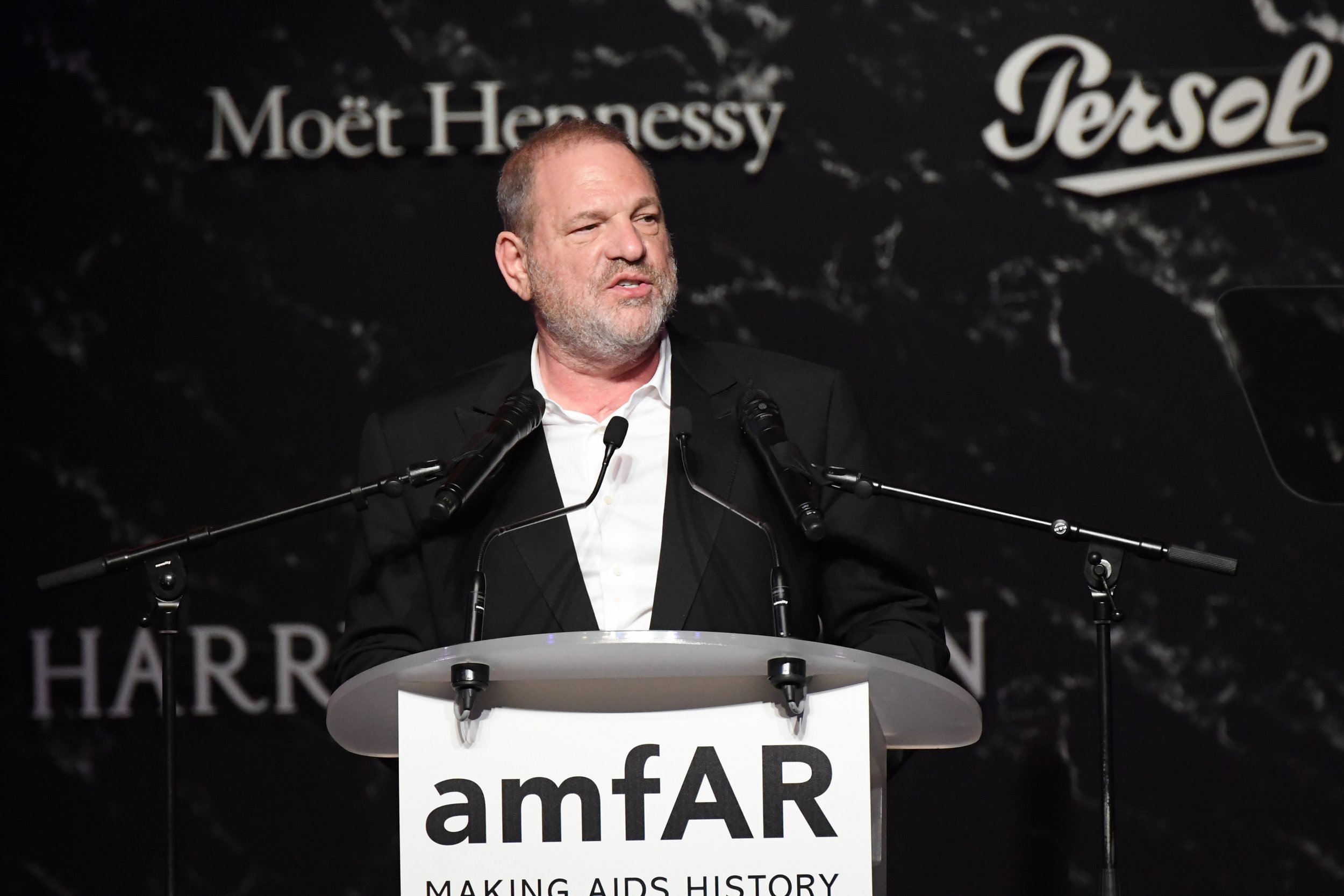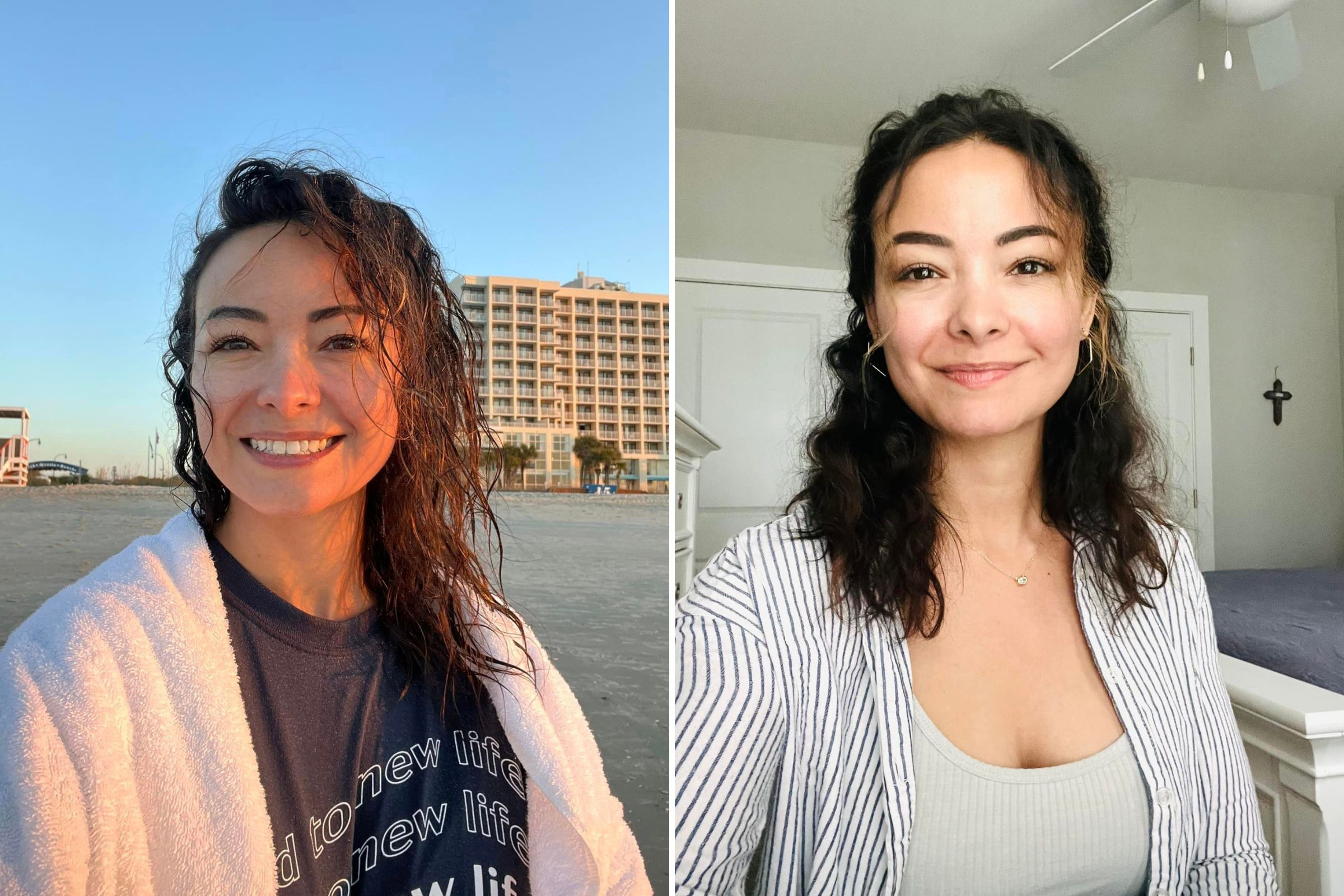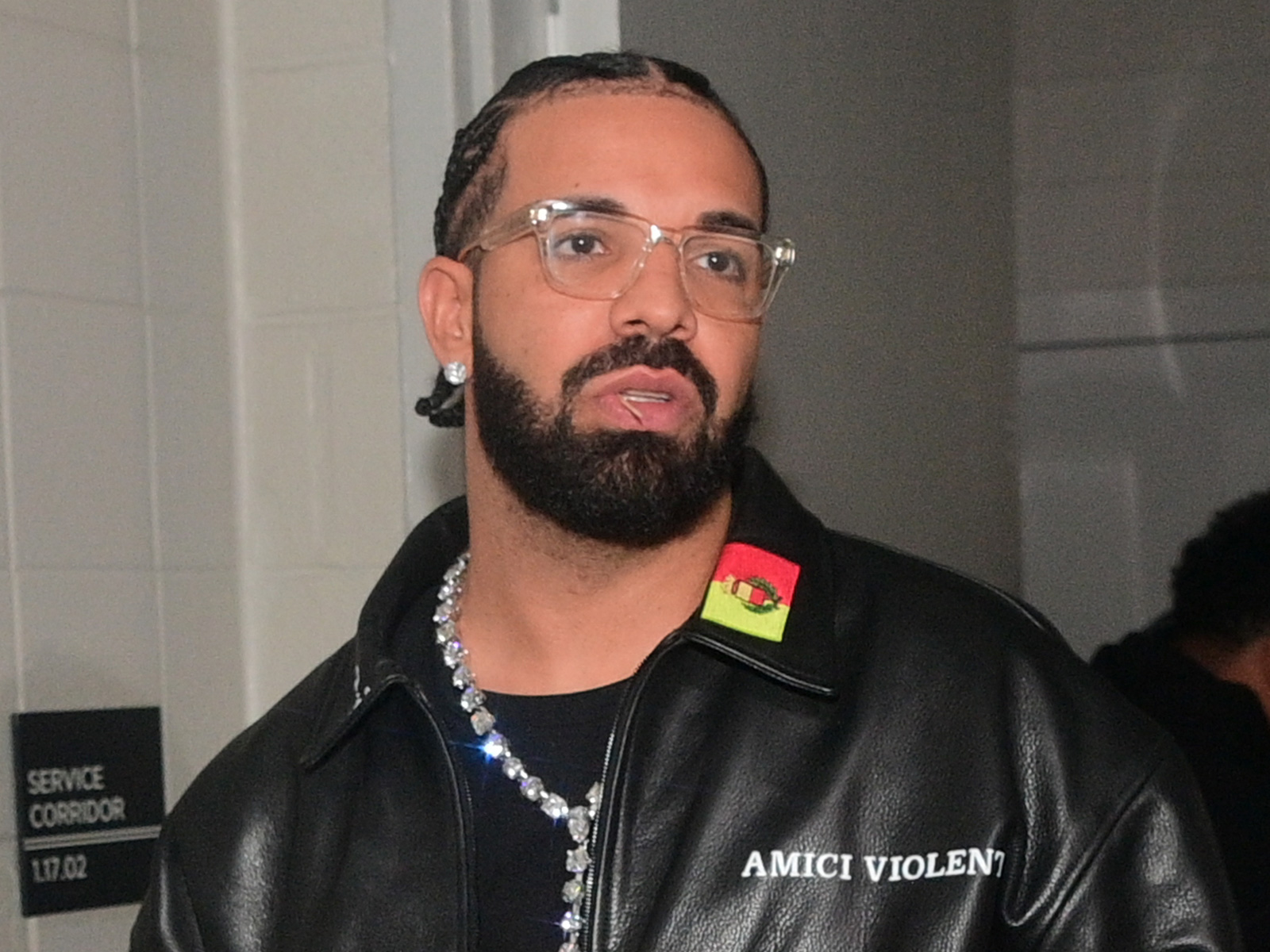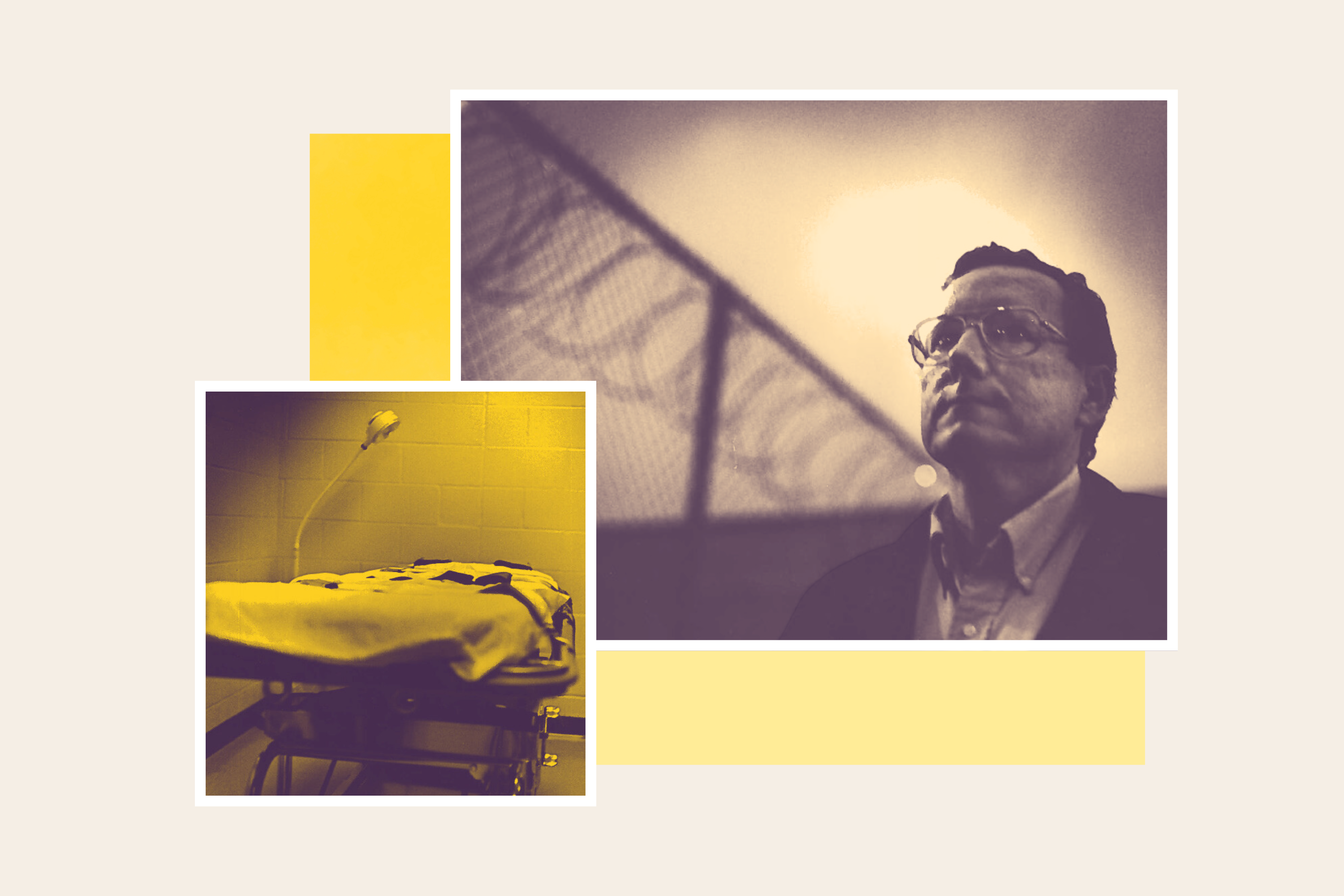
Rae Witte never considered that her mother might be a survivor of sexual harassment until she opened Facebook Monday afternoon and saw two painful words: #MeToo.
"I was so surprised," Witte, a 32-year-old writer based in New York, tells Newsweek. "My mom and I are extremely tight.… We've definitely talked about the subject of sexual harassment and even groping. She's allowed me to share my own experiences, but she hasn't shared hers."
Witte's mother, like thousands of other women on social media, used the hashtag to identify herself as a victim of gender-based violence in the wake of reports about dozens of abuse allegations against film producer Harvey Weinstein. #MeToo is for anyone who's experienced sexual harassment, like the women who recall the horrors of Weinstein's casting couch. #MeToo is for anyone who's ever been sexually assaulted, like some of Weinstein's alleged victims, including Rose McGowan, Lucia Evans and Asia Argento, who say they were. And #MeToo is for any woman anywhere who has ever been groped, coerced, honked at, followed home or catcalled. Me too, me too, me too, women have been saying.
It's by no means easy to scroll through Facebook or Twitter and see the many, many women using #MeToo to name their experiences, both friends and strangers. Witte said seeing her mother's name appear alongside the hashtag gave her an especially terrible feeling in the pit of her stomach.
When someone on Twitter wrote that she was wary about sharing her story online, Witte wrote: "Same, weirdly. Then I saw my mom did on Facebook. Now I'm going to transcribe a 50 minute interview … to bury my feelings."
same, weirdly. then i saw my mom did on facebook. now im gonna transcribe a 50 min interview (with a woman, thankfully) to bury my feelings. https://t.co/zoHwuvzxm6
— rae (@RaeWitte) October 16, 2017
Witte never did end up sharing any #MeToo experiences on Twitter, but she did tell Newsweek about an incident of harassment that occurred when she was interviewing an artist for a story she was writing. At the end of interview, the artist's tour manager approached her and said he'd called a car to bring Witte and the artist to the artist's hotel room. Witte said she'd told the artist she wasn't going back to his hotel and told him to get his manager in check. According to Witte, the manager had told her simply, "Your loss."
Witte says she's told her mother stories like this one, about her feeling safe enough to say no, loudly, and escape a potentially dangerous situation relatively unscathed. What she hasn't told her mother about are the times she's felt scared—like the time her then-employer told her he wanted to perform oral sex on her.
"I'm definitely selective about what experiences I share with my mom," Witte says. "I tell her stories I think will put her at ease. I think she's probably selective with what stories she tells me, too."
It's stories like these that live quietly among generations of women in almost any family. They rarely come to light—but with #MeToo, more of them did.
Beth Alleman, a 30-year-old living in Madison, Wisconsin, tells Newsweek the stories of her female relatives' experiences with harassment and assault were like "hand-me-downs." The stories had been passed to her in dribs and drabs, going back to stories about her grandmother, who she says experienced the "most intense" kinds of sexual violence—at least according to Alleman's mother. Her grandmother refuses to talk about it.
Alleman hadn't really thought about what the women in her family have collectively endured until she checked her social media accounts on Monday.
"Just had my cousin post #MeToo," she wrote on Twitter. "That's 100 percent of the women in our family. Both our moms, our grandma, my sister and also one of my brothers."
Just had my cousin post #metoo. That's 100% of the women in our family. Both our mom's, our grandma, my sister, also one of my brothers.
— Beth Borkowski (@esperali) October 16, 2017
There have been a number of critiques about #MeToo—that the hashtag requires survivors to speak up and make themselves vulnerable to public scrutiny and more trauma, for example. (Their abusers, meanwhile, can continue to stay silent.) But Alleman and Witte say there's at least one good thing to come out of it. They both tell Newsweek they plan to use #MeToo as an opportunity to open up conversations about sexual violence in their families, reaching out to those closest to them who might need support.
"I don't think it's something, especially with the older generation, that you would just sit down and discuss," Alleman says. "And my mom and my aunt wouldn't talk about their experiences because they would compare them to my grandmother's and say it wasn't that bad."
Alleman says she hopes to put an end to her family's silence about experiences with sexual violence. It's a family legacy she doesn't want to inherit.
"I'm the oldest of five siblings, so I try to make sure they know they can come to me if anything happens to them or they just want to talk," Alleman says. "I think that's one of the repercussions of this—you can see someone else's #MeToo and know that if you have something on your chest you can find someone who will be empathetic to you."
Uncommon Knowledge
Newsweek is committed to challenging conventional wisdom and finding connections in the search for common ground.
Newsweek is committed to challenging conventional wisdom and finding connections in the search for common ground.
About the writer
Marie Solis is a politics writer at Newsweek focusing on women's issues. She's previously written for Mic, Teen Vogue, Bustle, ... Read more
To read how Newsweek uses AI as a newsroom tool, Click here.






